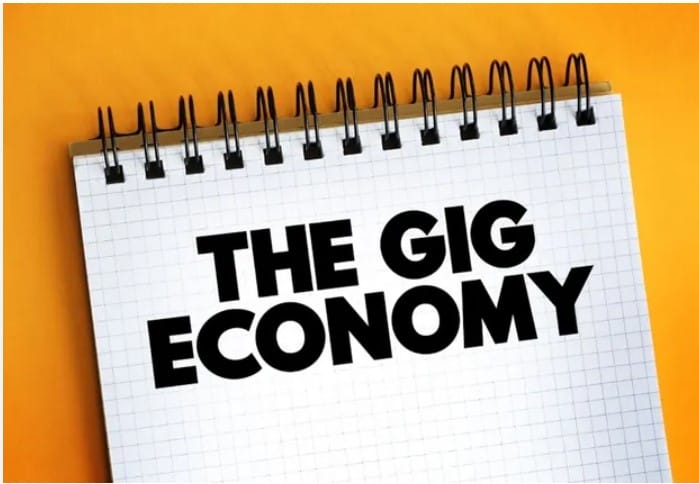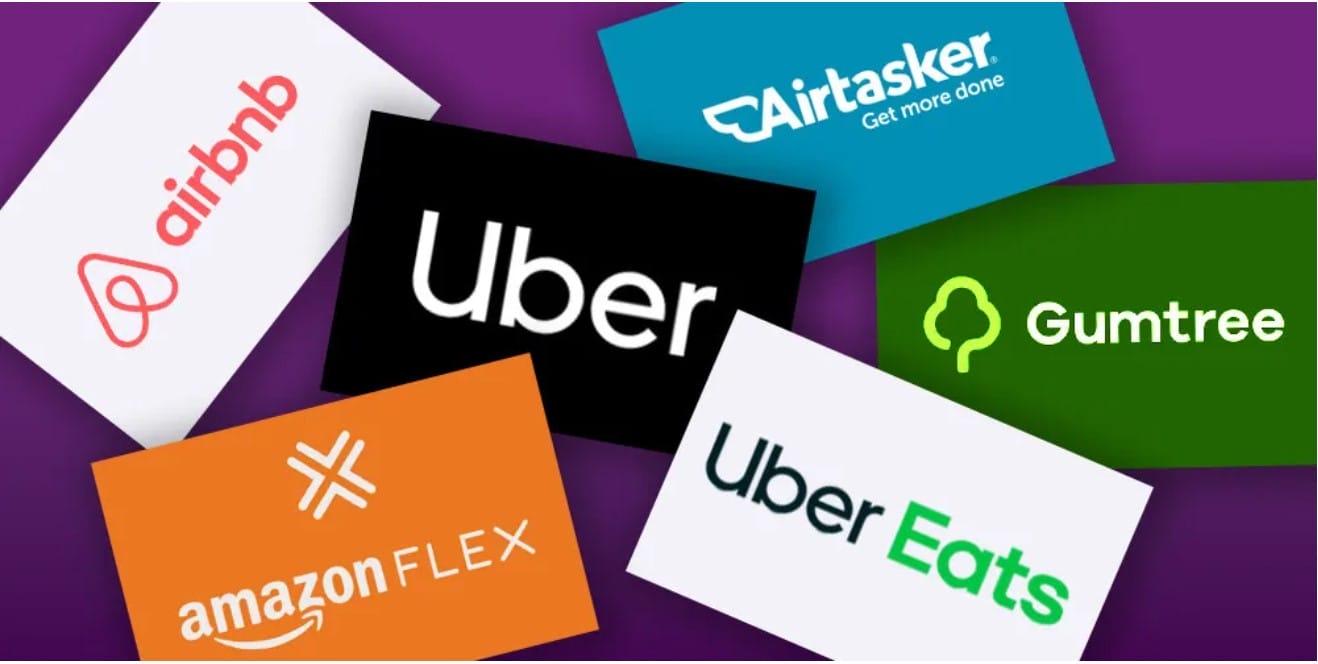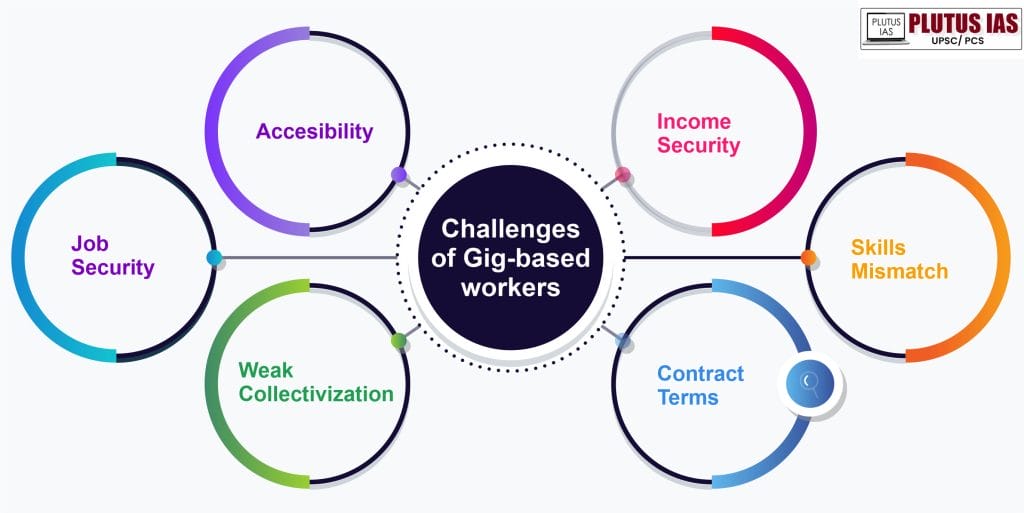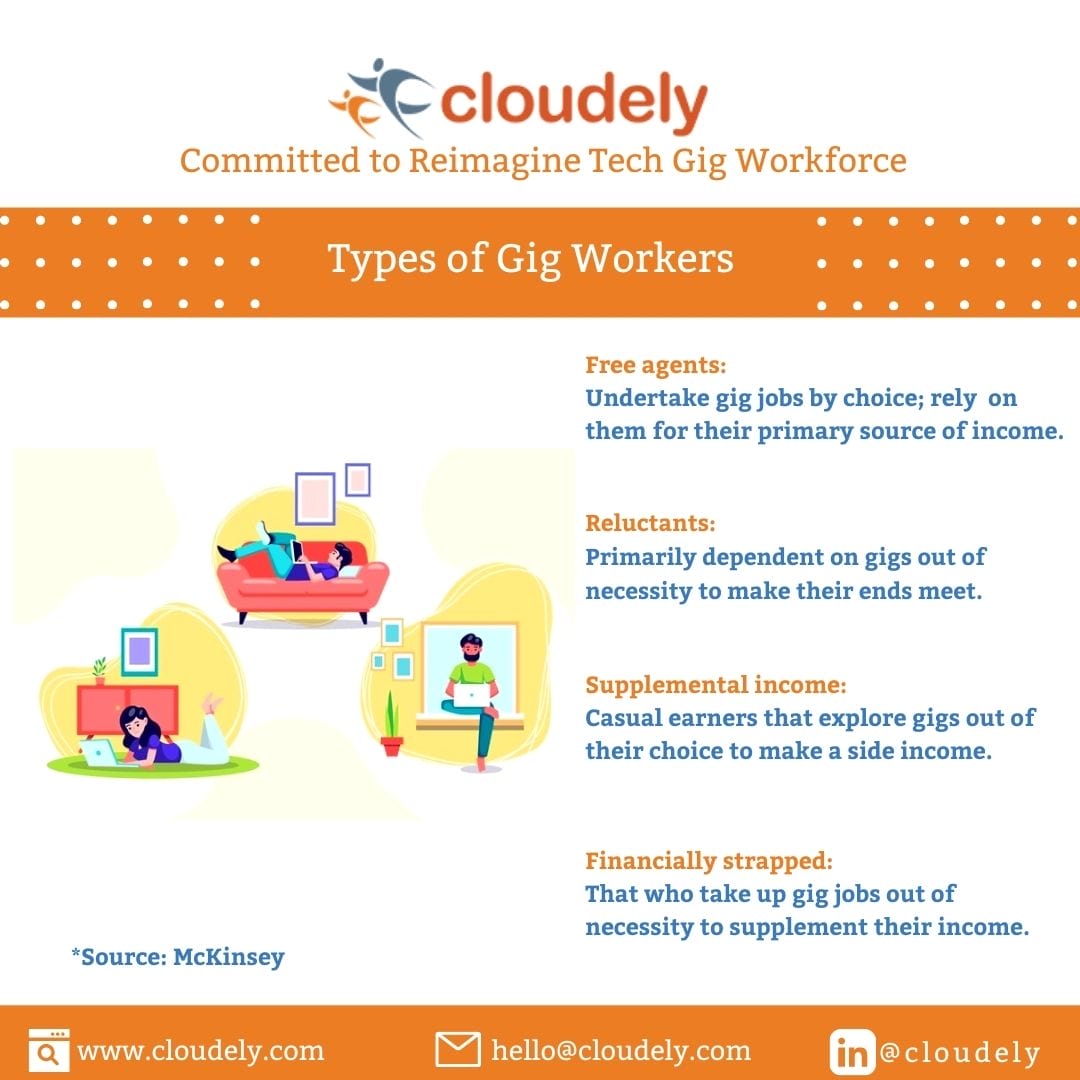- RESEARCHDistance Learning at AIU is enhanced by vast academic resources and innovative technologies build into the Virtual Campus: Hundreds of self-paced courses with video lectures and step by step lessons, thousands of optional assignments, 140,000 e-books, the Social Media & Networking platform allowing collaboration/chat/communications between students, and MYAIU develop students holistically in 11 areas beyond just academics.
- PROGRAMS OFFERED
- Areas of Study
- Courses and Curriculum
- Open Courses
- Register for a Program
- Associate Program
- Associate in Addiction Counseling
- Associate in Agriculture Food And Resources
- Associate in Anti Terrorism Security
- Associate in Behavior Analysis In Special Education
- Associate in Bioethics
- Associate in Climatology
- Associate in Cultural Theological Communication
- Associate in Culinary Arts
- Associate in Ecotechnology
- View all Associates Programs
- Bachelor Program
- Bachelors in Community Development
- Bachelors in Environmental Science
- Bachelor in Education (B.Ed, BS)
- Bachelors in Economics
- Bachelors in Entrepreneurship
- Bachelors in Financial Administration
- Bachelors in Human Resource Management
- Bachelors in Linguistics
- Bachelors in Nutritional Science
- Bachelors in Occupational Health and Safety
- Bachelors in Psychology
- View all Bachelor Programs
- Doctorate Program
- Doctor | of Biology (PhD)
- Doctorate in Business Administration (DBA, PhD)
- Doctor of Economics (PhD)
- Doctor of Electrical Engineering (D.Sc, PhD)
- Doctor of Finance (PhD)
- Doctorate in International Relations
- Doctorate in Information Technology (D.Sc)
- Doctor of Legal Studies (PhD)
- Doctor of Project Management (PhD)
- Doctor of Sociology (PhD, D.Sc)
- Doctorate in Sustainable Natural Resources Management
- View all Doctorate Programs
- Master Program
- Postdoctoral Program
- Postdoctoral in Animal Science
- Postdoctoral in Anti Terrorism Security
- Postdoctoral in Behavior Analysis In Special Education
- Postdoctoral in Bioethics
- Postdoctoral in Blockchain Technology and Digital Currency
- Postdoctoral in Business Management
- Postdoctoral in Cloud Computing
- Postdoctoral in Computer Engineering
- View all Postdoctoral Programs
AIU offers a wide range of majors in areas including the Arts, Business, Science, Technology, Social, and Human studies. More than 120 degrees and programs are available for adult learners at the associate’s, bachelor’s, master’s, doctoral and postdoctoral level. - VIRTUAL CAMPUS
Distance Learning at AIU is enhanced by vast academic resources and innovative technologies build into the Virtual Campus: Hundreds of self-paced courses with video lectures and step by step lessons, thousands of optional assignments, 140,000 e-books, the Social Media & Networking platform allowing collaboration/chat/communications between students, and MYAIU develop students holistically in 11 areas beyond just academics.
- ALUMNI
The world is YOUR campus!”, that is the message of AIU’s month magazine Campus Mundi. Hear the voices and see the faces that make up AIU. Campus Mundi brings the world of AIU to you every months with inspirational stories, news and achievements by AIU members from around the world (students and staff are located in over 200 countries).
The Gig Economy: Opportunities and Challenges

How can the flexibility of the gig economy help you align your career with your personal goals?
What strategies can you use to navigate the challenges of income instability in the gig economy?
How do you see the gig economy impacting your professional journey in the next five years?
The gig economy offers both opportunities and challenges for today’s workforce. Understanding how to leverage its benefits while addressing its risks is key to thriving in this new era of work.
(Login to your student section to access the AIU Additional Resources Library.)
The Gig Economy: Opportunities and Challenges
In recent years, the gig economy has become a significant force shaping the global workforce. With platforms like Uber, Fiverr, and Upwork offering flexible work opportunities, more and more people are turning to gig-based jobs to supplement their income or even as their primary source of livelihood. The rise of this non-traditional work model has created new possibilities for professionals, but it also presents unique challenges that individuals must navigate.
The gig economy, characterized by short-term contracts or freelance work as opposed to permanent jobs, is transforming the way we think about employment. For students and professionals alike, especially those studying at institutions like Atlantic International University (AIU), understanding the dynamics of the gig economy can be a crucial step in planning their careers and academic journeys.

Opportunities in the Gig Economy
- Flexibility and Autonomy
One of the most attractive aspects of the gig economy is the flexibility it offers. Workers can choose when, where, and how much they want to work. For students juggling academic responsibilities, this flexibility can be a game-changer. They can accept gigs that fit around their study schedules, allowing them to gain experience and earn money without sacrificing their education.
For instance, platforms like Upwork and Freelancer allow individuals to take on projects in fields such as writing, graphic design, programming, and marketing. These opportunities provide a flexible work environment where students can apply what they’re learning in real time, all while gaining valuable professional experience.
- Variety of Work Opportunities
The gig economy spans multiple industries, offering workers a wide range of options. Whether it’s driving for a ride-sharing service like Lyft, delivering food for Uber Eats, or providing consulting services, gig workers can explore various sectors without committing to a single employer. This allows them to diversify their skills and experiences, which can be advantageous in an increasingly competitive job market.
Recent reports show that around 36% of U.S. workers are involved in the gig economy in some capacity, which reflects the growing acceptance of this work model. For individuals pursuing advanced degrees, gig work can also serve as a stepping stone to higher positions within their chosen fields by providing relevant hands-on experience.

www.linkedin.com
- Entrepreneurial Growth
The gig economy often encourages entrepreneurial spirit. Many gig workers are essentially small business owners, managing their schedules, marketing their services, and seeking new opportunities. For those interested in entrepreneurship, gig work can be an excellent way to test ideas, develop business skills, and build a client base with minimal initial investment.
For example, freelance writers or digital marketers can establish themselves as experts in their fields by building strong portfolios through gig work. Over time, they can leverage this experience to grow into full-fledged businesses. The gig economy, therefore, fosters a sense of independence and self-reliance that is highly beneficial for those looking to start their own ventures.
- Leveraging Technology
The growth of the gig economy has been fueled by technological advancements that connect workers with potential clients or employers. Platforms like TaskRabbit, DoorDash, and Etsy empower people to take control of their professional lives by utilizing their skills in exchange for pay. For tech-savvy students, these platforms represent an easy entry point into the workforce, helping them to gain technical skills and understand how to navigate online business environments.
The gig economy also provides an avenue for workers to continually upskill themselves. With so many digital tools at their disposal, gig workers can learn to use industry-relevant software, manage projects, and even understand digital marketing tactics—all of which are in high demand across industries.

Image from Google
Challenges in the Gig Economy
- Lack of Stability and Benefits
While the gig economy offers flexibility, it also comes with a lack of financial stability and traditional employment benefits. Gig workers typically don’t receive health insurance, retirement plans, or paid time off. For many, the uncertainty of not knowing when or where their next paycheck will come from can create stress, especially when coupled with the need to manage taxes and savings independently.
In fact, recent studies indicate that about 50% of gig workers face income instability, leading to concerns about financial security. It’s crucial for students and professionals entering the gig economy to budget carefully, manage their expenses, and plan for potential gaps in income.
- Competition and Market Saturation
With the rise of platforms that offer gig opportunities, the level of competition among workers has also increased. In highly sought-after fields like web development, graphic design, and content creation, standing out from the crowd can be difficult. To succeed in the gig economy, workers must constantly upgrade their skills and market themselves effectively.
Moreover, with so many workers entering the gig economy, the oversupply of labor in some fields can drive wages down. Workers may need to take on more gigs to maintain a steady income, which can lead to burnout if they’re not careful about managing their time and energy.
- Limited Career Growth
While the gig economy offers short-term work flexibility, it may not always provide long-term career growth or job security. Gig workers might struggle to find permanent positions or develop within a company, as most gigs are project-based and do not offer clear career trajectories.
In addition, freelance work often lacks mentorship opportunities, making it harder for gig workers to receive guidance and feedback from more experienced professionals. For students pursuing advanced degrees, this can be a challenge, as mentorship is often a critical component of academic and professional development.
- Isolation and Work-Life Balance
Many gig workers report feeling isolated due to the nature of freelance work, which often involves working from home or in non-traditional settings. The lack of a structured office environment can also make it difficult to establish a clear work-life balance, as workers may find themselves juggling multiple gigs at once.
Studies suggest that gig workers are more likely to experience burnout and fatigue, as they often work long hours to meet client demands. This makes it crucial for those entering the gig economy to set boundaries, prioritize self-care, and find ways to stay connected with peers or mentors who can offer support.

Preparing for the Gig Economy
The gig economy represents a fundamental shift in how we view work and career development. While it offers immense opportunities for flexibility, entrepreneurship, and skill development, it also presents challenges that must be carefully managed. By understanding the nuances of this rapidly growing sector, students at Atlantic International University can make informed decisions about how to leverage the gig economy to their advantage.

If you’re interested in learning more about navigating the gig economy, developing entrepreneurial skills, or understanding labor market trends, consider exploring Atlantic International University’s programs. Our flexible, self-directed learning approach allows you to tailor your education to your unique goals, ensuring you are well-prepared to thrive in a dynamic and ever-changing workforce.
Also, you can learn more about this topic in AIU’s, wide range of recorded classes that cover various subjects of interest and that can be very useful to expand your knowledge. If this topic interests you, you can explore related live classes. Our extensive online library is also home to a wealth of knowledge, comprised of miles of e-books, serving as a valuable supplemental resource.
For further reading on related topics login to your student section to access the AIU Additional Resources Library and start exploring more about this new trend that offers great opportunities.
Encrypting Discrimination: LGBTQ+ Workers in the Gig Economy.
Undead Labor and Instruments of Production: Zombies, Foxconn, and the Gig Economy.
Gig qualifications for the gig economy: micro-credentials and the ‘hungry mile’.
WHO’S AN EMPLOYEE NOW? CLASSIFYING WORKERS IN THE AGE OF THE “GIG” ECONOMY.
The Gig Economy: Opportunities and Challenges for Workers
THE RISE & NEW CHALLENGES OF THE GIG ECONOMY IN CURRENT SCENARIO
Gig Economy Statistics, Opportunities and Challenges
The Rise of the Gig Economy: Transforming Traditional Work Paradigms
Reminder to our Dear Students,
Please ensure you are logged in as a student on the AIU platform and logged into the AIU Online
Library before accessing course links. This step is crucial for uninterrupted access to your learning
resources.
AIU Success Stories







Contact Us Today!
Begin Your Journey!
AIU’s Summer of Innovation and Growth gives you the ability to earn up to $5000 in tuition credit by completing free lessons and courses.
Whether you’re looking to acquire new skills, advance your career, or simply explore new interests, AIU is your gateway to a world of opportunities. With free access to 3400 lessons and hundreds of courses the ability to earn credits and earn certificates there’s no better time to start learning.
Join us today as a Guest Student and take the first step towards a brighter, more empowered future.
Explore. Learn. Achieve.

Contact Us
Atlantic International University
900 Fort Street Mall 905 Honolulu, HI 96813 [email protected]
Quick Links
Home | Online Courses | Available Courses | Virtual Campus | Career Center | Available Positions | Ask Career Coach | The Job Interview | Resume Writing | Accreditation | Areas of Study | Bachelor Degree Programs | Masters Degree Programs | Doctoral Degree Programs | Course & Curriculum | Human Rights | Online Library | Representations | Student Publication | Sponsors | General Information | Mission & Vision | School of Business and Economics | School of Science and Engineering | School of Social and Human Studies | Media Center | Admission Requirements | Apply Online | Tuition | Faculty & Staff | Distance Learning Overview | Student Testimonials | AIU Blogs | Register for Program | Privacy Policy | FAQ



















